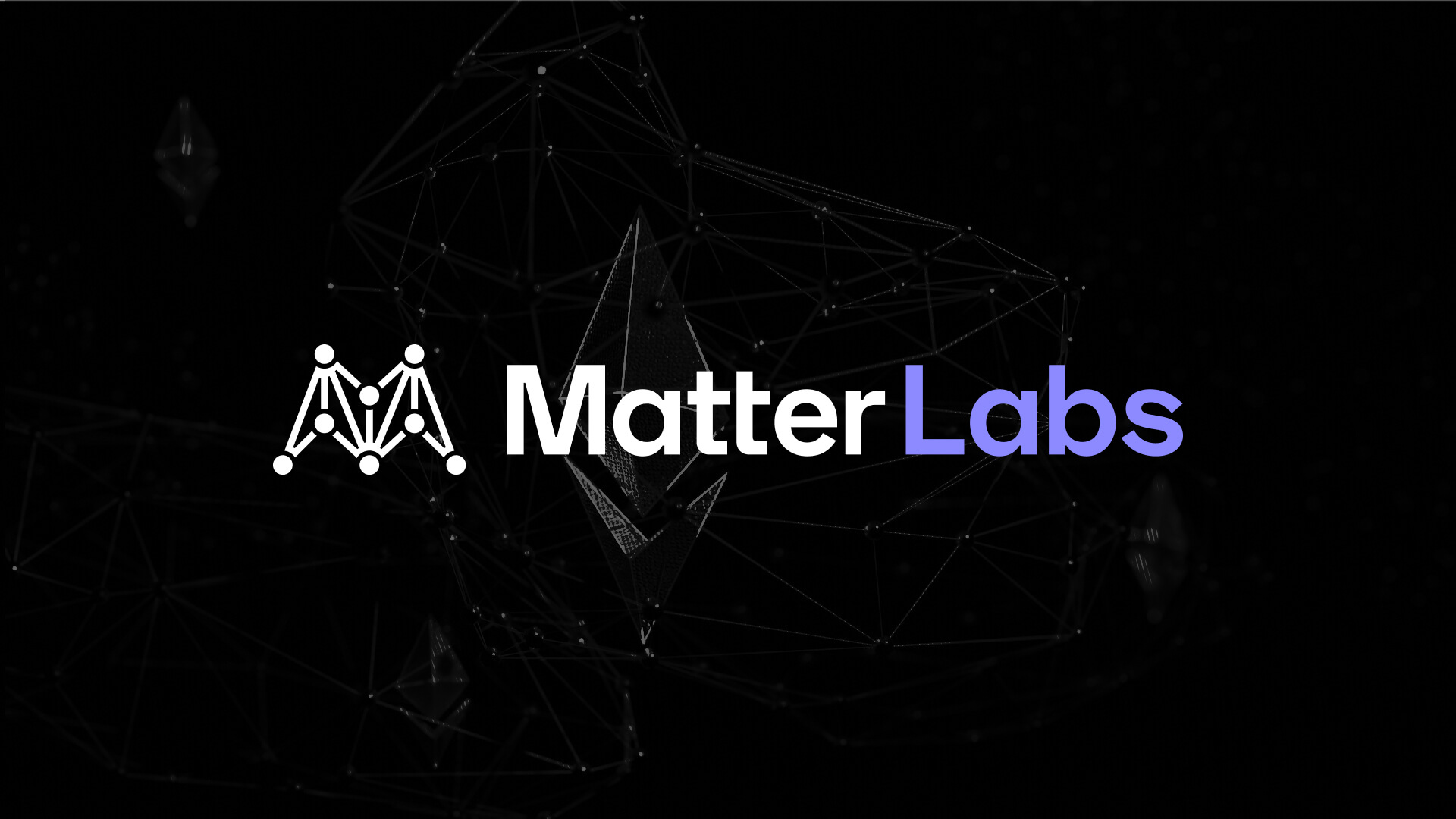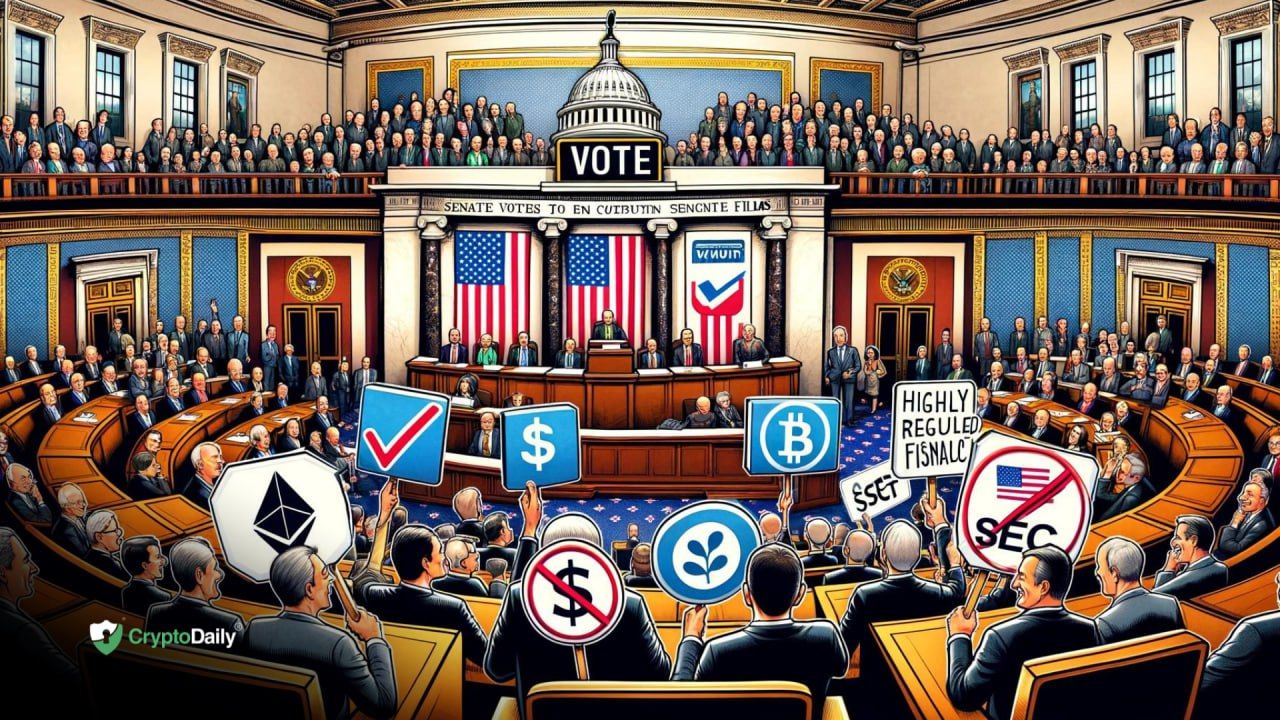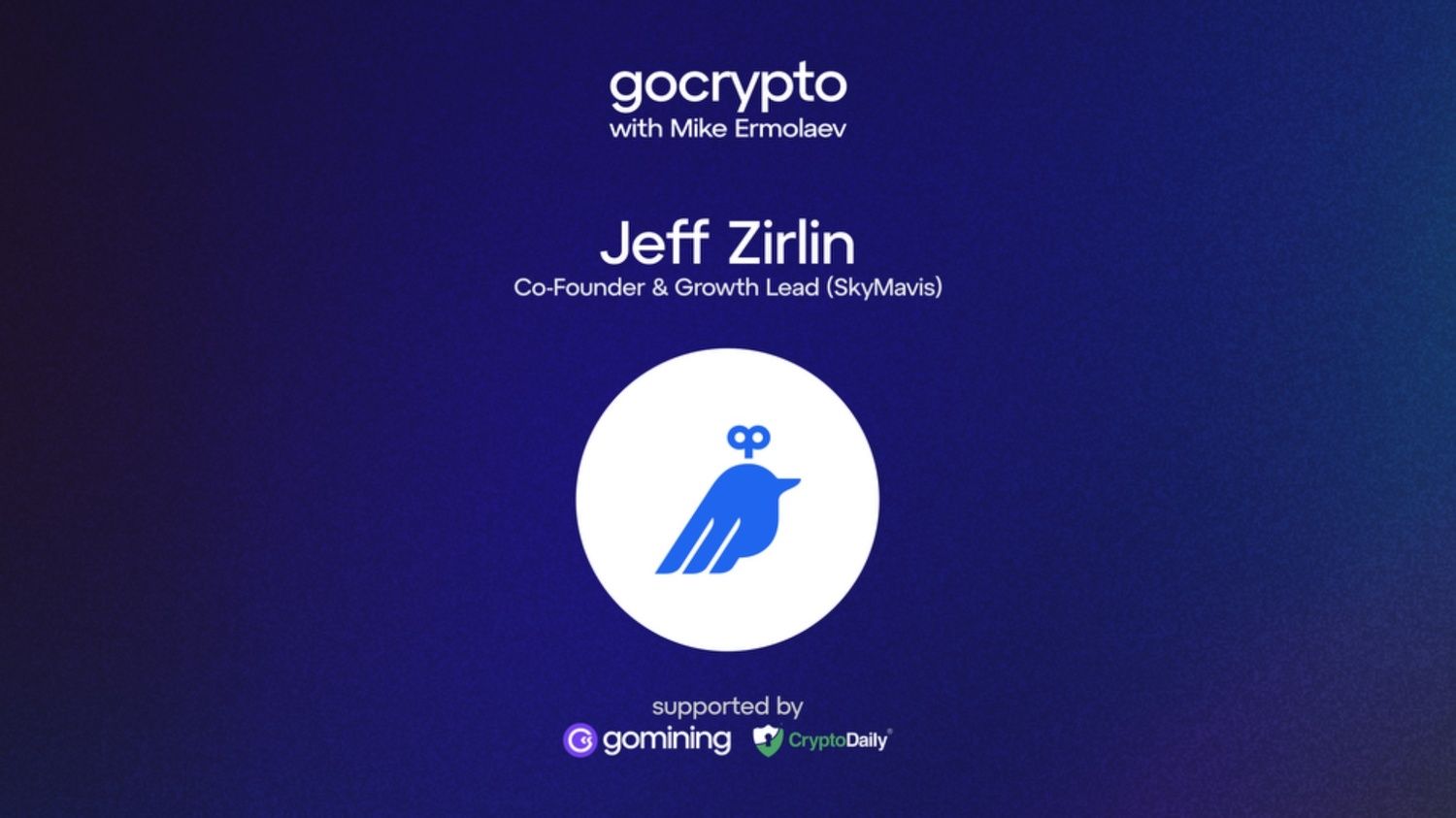Matter Labs co-founder and CEO Alex Gluchowski has put forth a proposal for an "Ethereum Supreme Court," a decentralized court system designed to handle disputes within the Ethereum network.
The proposal was forwarded from a post wherein Gluchowski detailed a hierarchical court system similar to traditional legal systems, serving as the ultimate arbiter for issues related to smart contracts and protocol governance.
Smart contract implementation risks remain the biggest unsolved problem of Defi. L2s are equally affected.
— Alex G. ∎ (@gluk64) September 2, 2023
Let me pitch an idea: L1 Fork as the Court of Final Appeal.
First, why existing solutions don't work:
1) Time-locked upgrades are great for scheduled changes, but… pic.twitter.com/EcaogkZBH9
Gluchowski envisions the "Ethereum Supreme Court" as the last resort for parties to resolve disagreements stemming from smart contract issues, thereby eliminating the need to resort to traditional legal avenues.
“The most important function of such a system will be to protect protocols against political inference from the outside. It will serve as a great deterrence mechanism, and will elevate the role of Ethereum as a powerful network state,” said Gluchowski.
In this proposed framework, each protocol within the network would have its unique governance mechanisms and could designate a special contract to trigger an appeal process. The system would feature hierarchical on-chain courts, leading up to an Ethereum layer-1 soft fork serving as the "Court of Final Appeal."
Moreover, according to Gluchowski, the proposed court system would operate based on a strong social consensus, acknowledging that its successful implementation would necessitate collective agreement within the Ethereum community. He also underlined that operating such a system would be costly, limiting its use to only "truly extraordinary" cases that merit the attention of the entire Ethereum community. Gluchowski cited major bugs in protocols like or decentralized finance (DeFi) systems posing systemic risks as examples.
He critiqued existing solutions to on-chain disputes, such as time-locked features on smart contracts, as insufficient in emergency situations. He also expressed skepticism about the efficacy of security councils:
“A security council could only freeze the contract temporarily, requiring a token governance approval for an emergency upgrade. But now a malicious majority of undercollaterized stakers could perform an evil take-over upgrade and steal all the assets [sic]."
To support this ambitious vision, Gluchowski stated that and its Ethereum layer-2 scaling solution, , would be open to furnding research to explore the feasibility and implementation of this on-chain judicial system.
The proposal comes at a time when the growing complexities of decentralized systems are challenging traditional legal frameworks. Whether this idea gains traction within the Ethereum community and how it could influence the broader landscape of decentralized governance remain open questions.
Disclaimer: This article is provided for informational purposes only. It is not offered or intended to be used as legal, tax, investment, financial, or other advice
Investment Disclaimer










